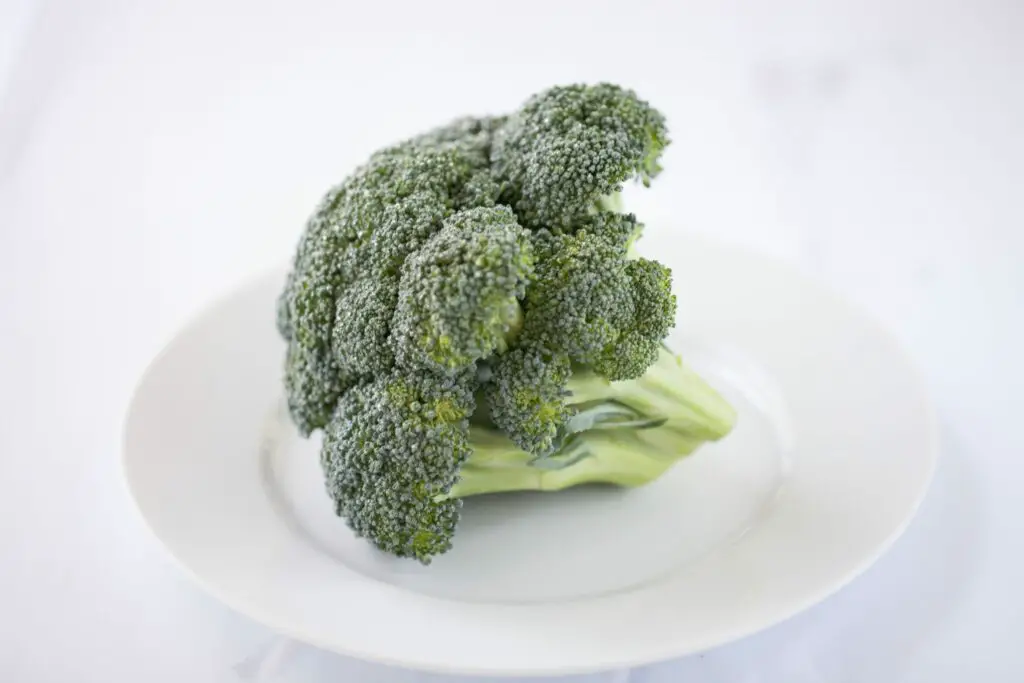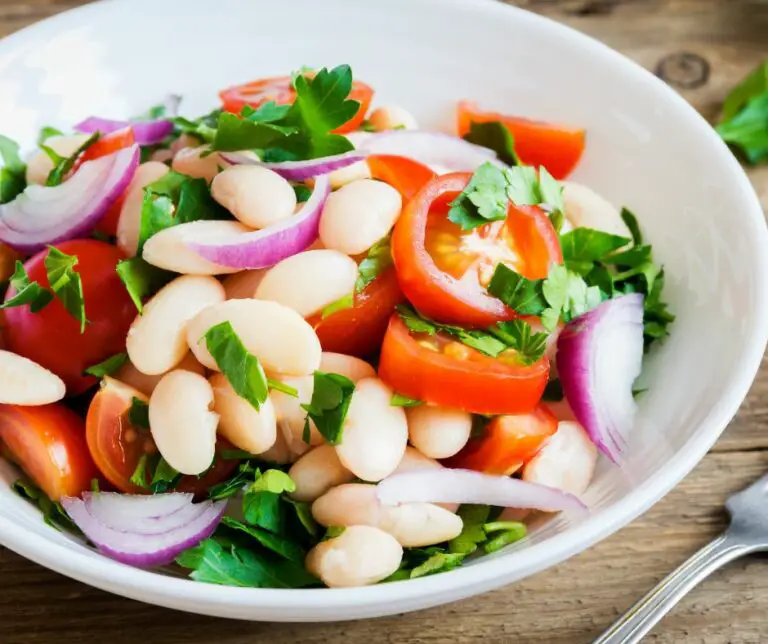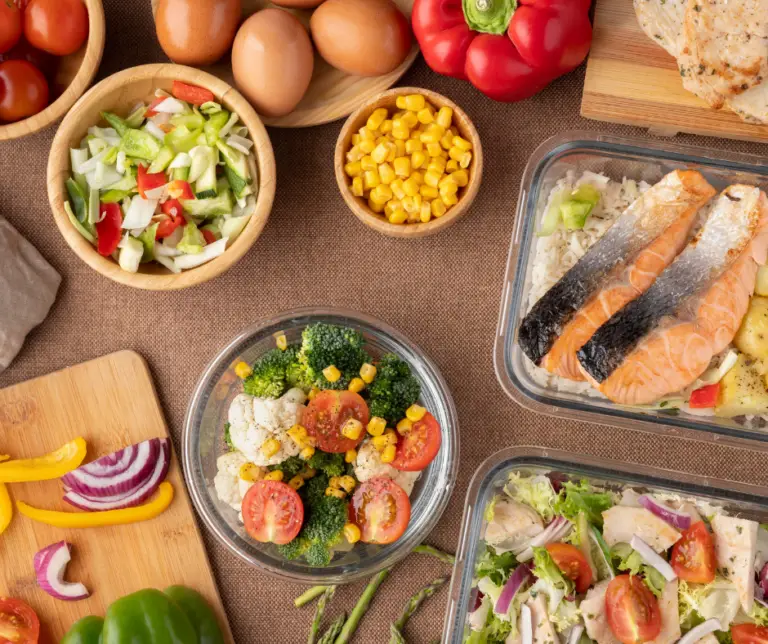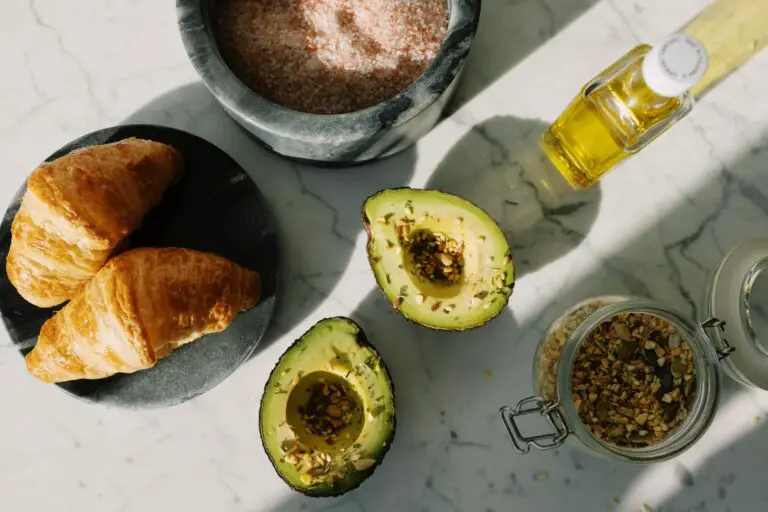5 Benefits Of Broccoli
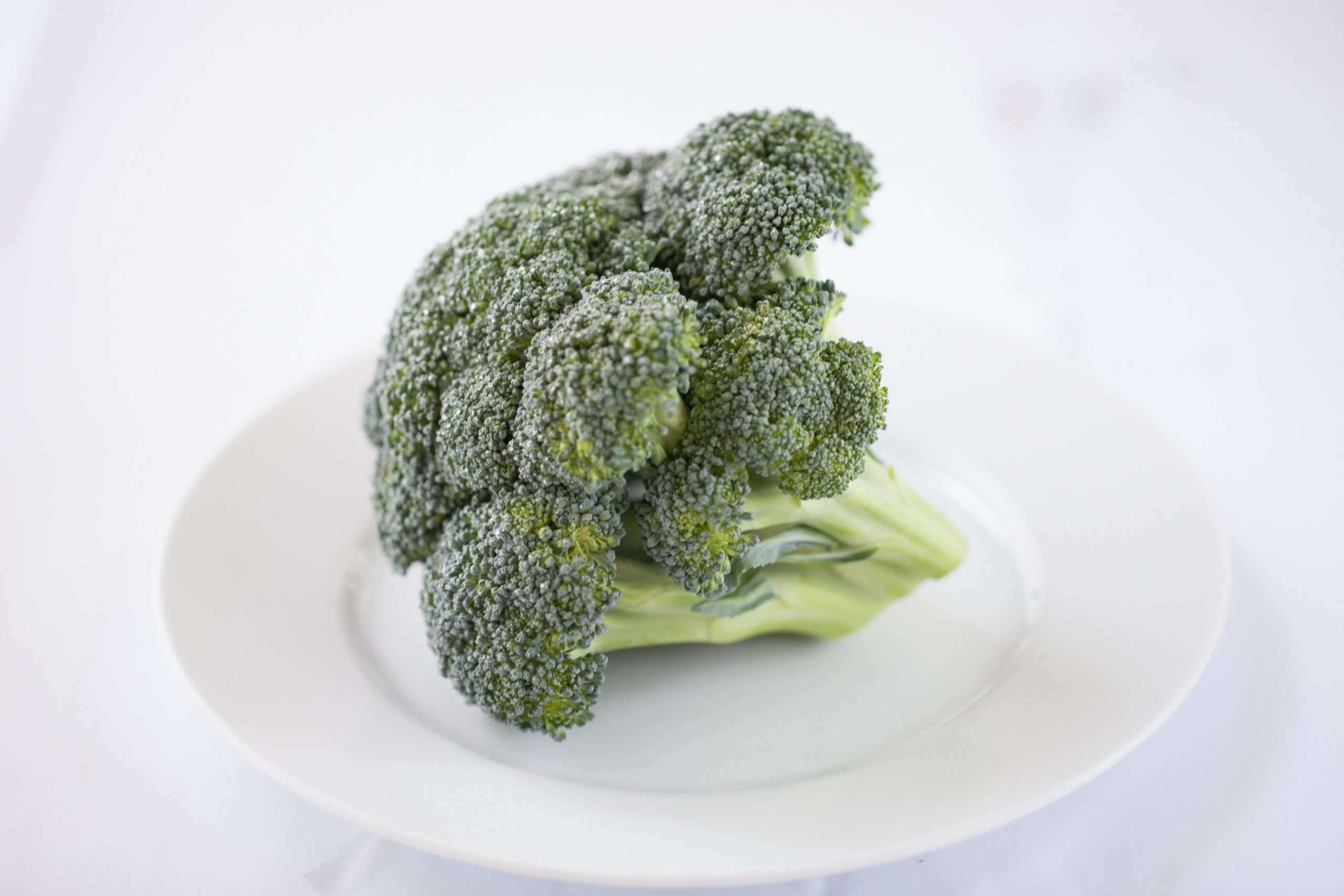
Trees that are so small you can easily fit them in your mouth–Broccoli may not be everyone’s go-to favorite childhood food, but it is one healthy snack that carries tons of nutritional benefits. Broccoli is a sister to cauliflower, kale, and Brussels sprouts as they all hail from edible plants known as cruciferous vegetables.
Broccoli is a healthy powerhouse brimming with various vitamins, antioxidants, fiber, and minerals. Three main types of broccoli are rich in nutritional benefits—Calabrese broccoli, Purple cauliflower, and sprouting broccoli. It can be eaten raw or cooked. Both are equally healthy and provide different nutritional profiles.
Some of the major benefits of broccoli include
Good for blood sugar
Broccoli maintains blood sugar levels in diabetic people. This is because, according to researchers, it may be due to the antioxidant properties of broccoli. Furthermore, ample presence of fiber is related to improved diabetic control. A high intake of fiber-rich foods such as broccoli is associated with good health of the heart. It can reduce the risk of any type of cancer
Improved digestive health
Due to its rich fiber and antioxidant properties, broccoli supports bowel functions, makes them healthy, and improves digestive health. It enables the maintenance of healthy gut function by maintaining the strength of the gut lining. Hence, improving your defenses against infections.
Improves mental health
- Along with physical health, broccoli is incredibly good for mental health as it boosts nervous tissue function. It is good for the brain as it slows down mental decline.
Reduce inflammation
Inflammation occurs when the immune system is under attack. Inflammation can also occur with type 1 diabetes and arthritis. According to a 2014 study stated that broccoli helped to reduce inflammation because it contains sulforaphane that neutralizes toxins, and calms inflammation in your body.
What is a typical anti-inflammatory diet? This article provides information about the inflammatory diet and includes recipes.
Boost eye-related health
Broccoli is the source of vitamin A, which helps improve eyesight (2) and reduces night blindness.
Hormonal balance
Broccoli is ample good for hormonal balance as it contains indole-3-carbinol (I3C), a plant compound. This feature functions as a plant estrogen; helps with the balance of hormones by controlling estrogen levels. Moreover, I3C is credited with the ability to lessen the risk of estrogen-induced breast and reproductive cancers in both men and women. Additionally, it positively affects estrogen metabolism, enabling it to shift to a more advantageous composition.
From steamed broccoli to broccoli soups, tons of mouth-watering dishes will satisfy your taste buds while keeping you healthy.
Nutrients per Serving
According to WebMed 1/2 cup of broccoli contains:
- Calories: 15
- Fat: 0 grams
- Carbs: 3 grams
- Protein: 1 gram
What Makes Broccoli a Superfood?
What is the best way to cook broccoli?
Preparing your broccoli takes a few minutes, regardless of the approach you use. Here’s what you should do.
Rinse the broccoli thoroughly under cold running water. Shake things up.
Trim: Separate the florets from the heads. Cut the stems into pieces about the same size as the florets. If they have tough skin, use a vegetable peeler to remove the outer covering. Fresh broccoli can be stored uncooked for up to a week. Cooked broccoli will keep in the refrigerator for a day or two if kept covered, though it will lose its freshness.
The best way to cook Broccoli is :
Steaming Broccoli
Microwaving Broccoli
Boiling Broccoli
What is the best way to cook broccoli without losing nutrients? Steamed broccoli is one of the healthiest ways to cook broccoli since it cooks quickly and nutrients and vitamins are not lost in the cooking water, as is the case with boiling broccoli.
Broccoli Recipes

Me encanta cocinar y escribir, tengo un Certificado de Nutrición de Inicio y un diploma de Nutrición Completa acreditado por CTAA y una Certificación de Entrenador de Salud de Nutrición Keto. Creo firmemente que comer sano es la clave para vivir una mejor calidad de vida. He tomado un curso de Terapia Nutricional que me ha dado las bases para comer saludablemente.


